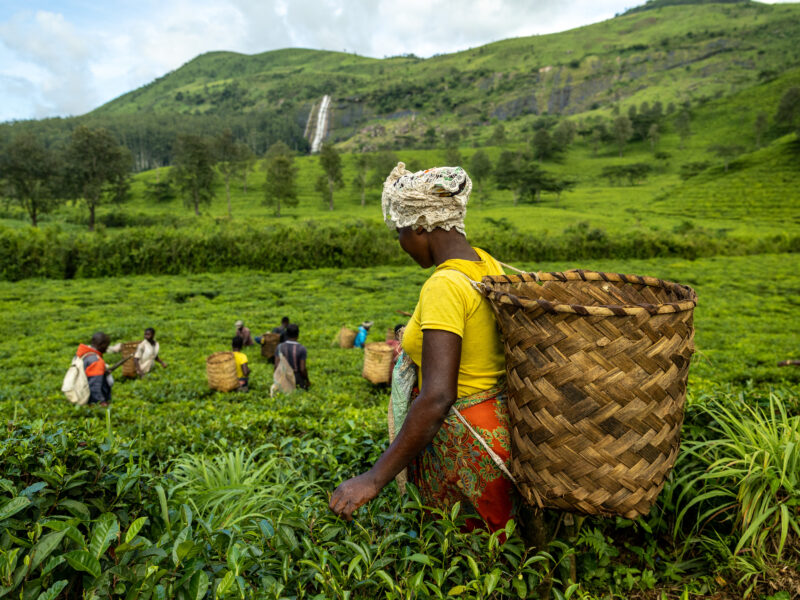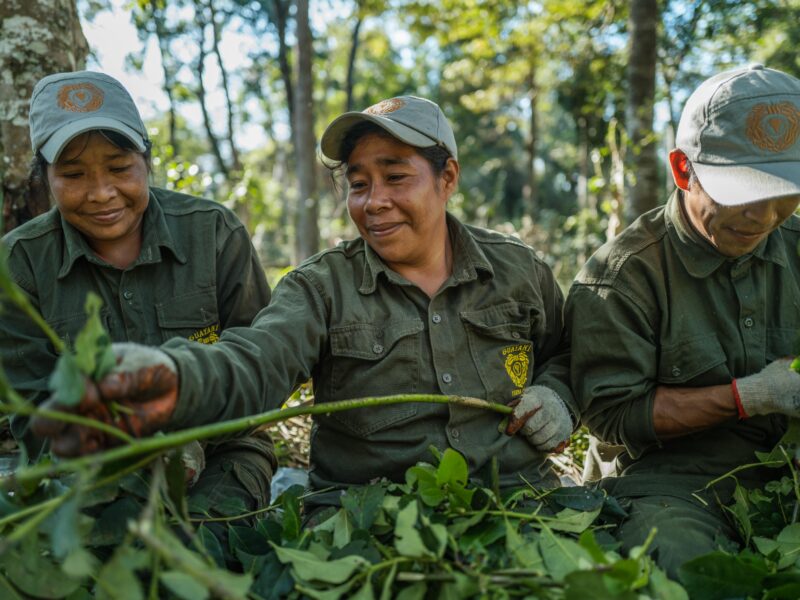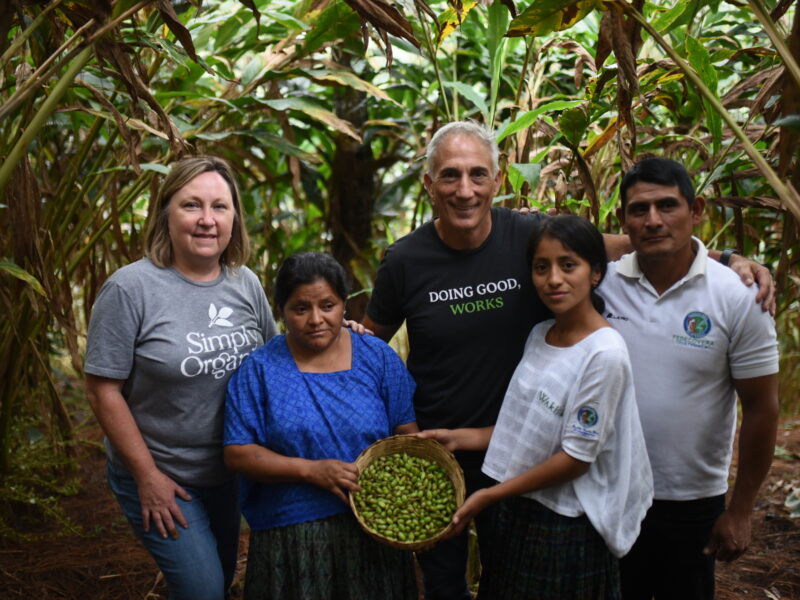If food waste were a country, it would be the third-largest emitter of greenhouse gases behind China and the United States. It’s estimated that Americans waste up to 40 percent of the food they produce. Climate change is all over the news starting with today’s climate strike, which kicks off a week of activism. In Iowa, climate change has become a top issue in the 2020 presidential race. Several presidential hopefuls have proposed ideas tailored for Iowa, including new climate-insurance programs for farmers and new agricultural-research agencies. After decades of practicing chemical agriculture, David Crutchley realized he would not be handing the farm down in a healthy state. His soil appeared “somehow dead.” That was in 2009, the year he adopted regenerative farming techniques to rebuild the microbiology in his soil. Since David ditched chemicals he hasn’t looked back. Organic farming uses manure and compost instead of synthetic fertilizer, and new research finds that this can help mitigate climate change. Published in the journal Global Change Biology, a recent study found that using compost is critical to long-term carbon storage in deep layers of the soil. Germany announced they plan to phase out glyphosate because it wipes out insect populations crucial for ecosystems and pollination of food crops. The chemical, also suspected by some experts to cause cancer in humans, is to be banned by the end of 2023 when the EU’s approval period for it expires, ministers said.
Americans waste up to 40 percent of the food they produce
If food waste were a country, it would be the third-largest emitter of greenhouse gases behind China and the United States.
How Climate Change in Iowa is Changing U.S. Politics
Climate change has become a top issue in the 2020 presidential race. Since late April, all the major Democratic candidates have released comprehensive climate plans, addressing everything from the details of new research-and-development funding to how they would support other countries’ climate efforts to how they would change permitting rules for new oil-and-gas pipelines. Several presidential hopefuls have proposed ideas tailored for Iowa, including new climate-insurance programs for farmers and new agricultural-research agencies.
Farmer ditched chemicals and hasn’t looked back
After decades of practicing chemical agriculture David Crutchley realized he would not be handing the farm down in the same state. That was in 2009, the year he adopted regenerative farming techniques to rebuild the microbiology in his soil.
Germany to ban use of glyphosate weedkiller by end of 2023
Germany has said it will phase out the controversial weedkiller glyphosate because it wipes out insect populations crucial for ecosystems and pollination of food crops. The chemical, also suspected by some experts to cause cancer in humans, is to be banned by the end of 2023 when the EU’s approval period for it expires, ministers said.
https://www.theguardian.com/environment/2019/sep/04/germany-ban-glyphosate-weedkiller-by-2023
Deep soil sampling reveals that compost is key to carbon sequestration
Organic farming uses manure and compost instead of synthetic fertilizer, and new research finds that this can help mitigate climate change. Published in the journal Global Change Biology, a recent study found that using compost is critical to long-term carbon storage in deep layers of the soil. https://www.organic-center.org/deep-soil-sampling-reveals-that-compost-is-key-to-carbon-sequestration/?fbclid=IwAR0vmPS8YWvou066IiQ6D3db0FbTfZ_h2dv2zVwinOicIngJUGmBvQgB4KM









